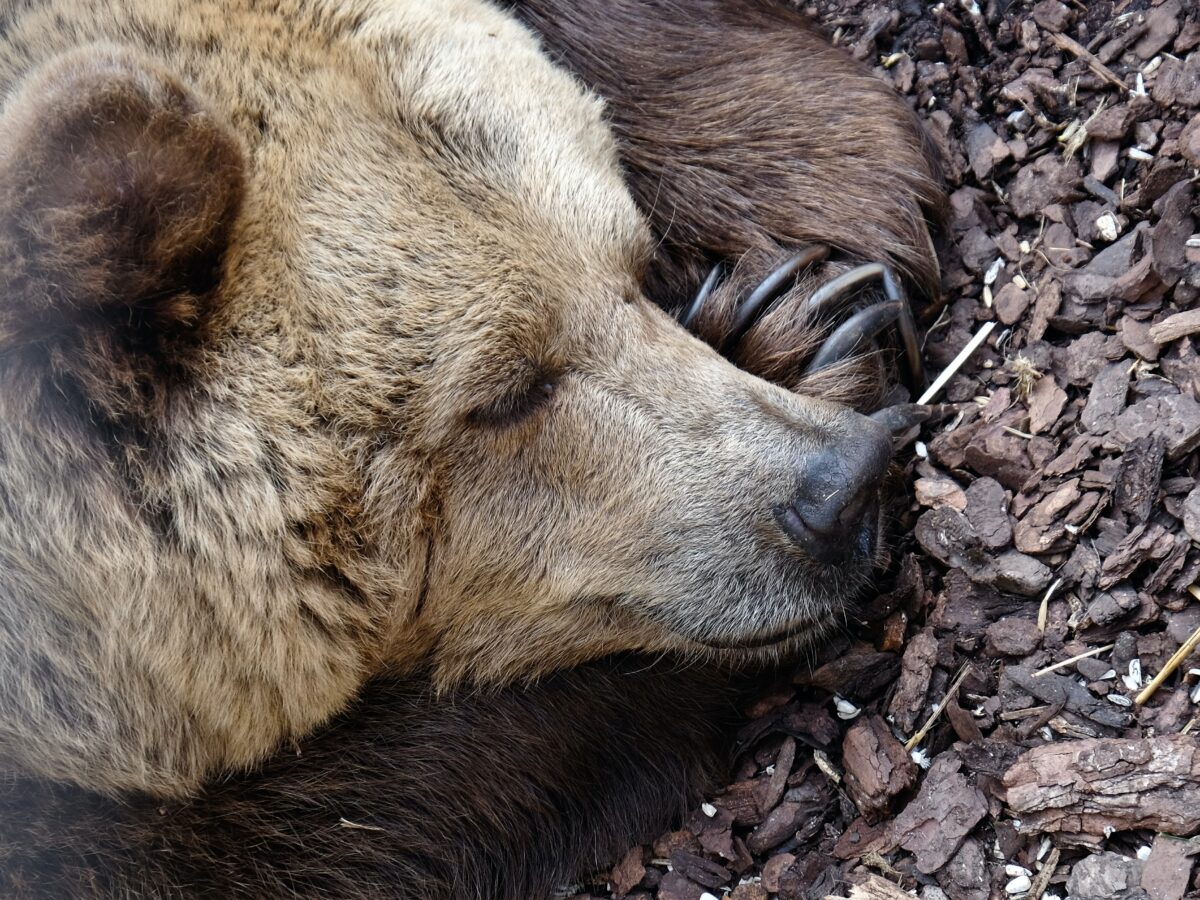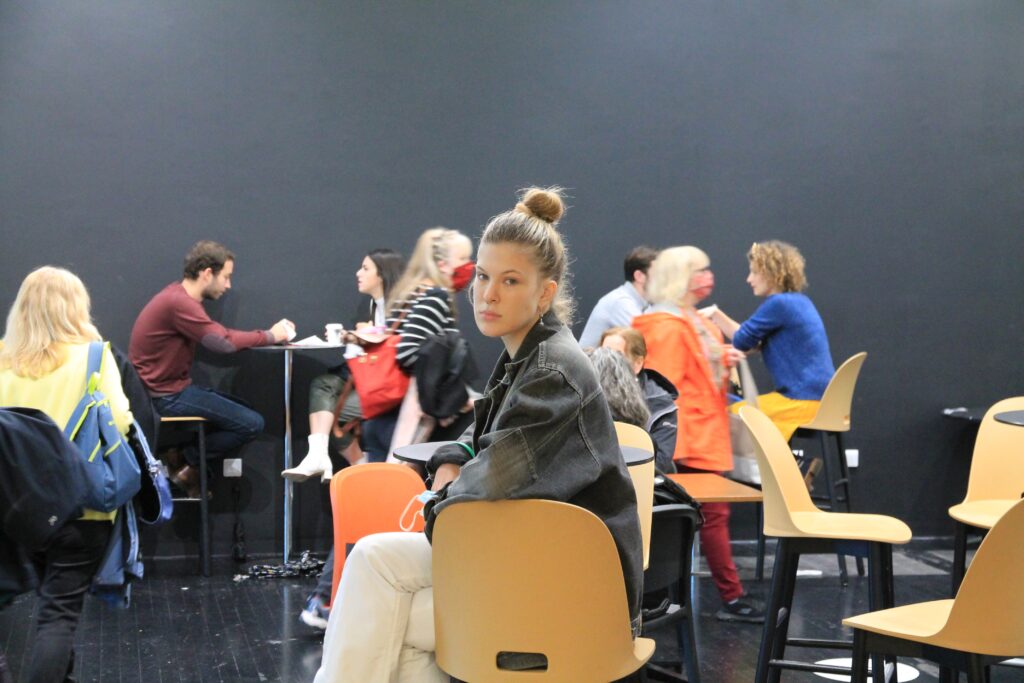Emerging from hibernation

Being both a working parent and a shy introvert – who, at heart, prefers a good book to a wild party – my social life before corona was pretty subdued. Yet during lockdown, with only my partner and two children for company, I nevertheless pined for it to resume. I saw myself as a bear, hibernating in a dark, lonely cave to survive the bleak winter, who would emerge and celebrate her reawakening with a glorious frolic in the sunny snow. I imagined the joys of seeing other people again, small talk about our weekends, debates of current events, heart-to-hearts on the troubles of parenting or work, even the wordless pleasure of simply sharing the same space.
The reality is somewhat different. At first, I experienced pure elation at going out and meeting other people again, despite the fact that a day in the office left me exhausted and overloaded. But that elation quickly evaporated. Now, I am reminded of a simple fact: while I long for human contact, I’m really not very good at it.
My social skills, never brilliant, have atrophied during the months in my safe little cave. Having got used to the thinking time afforded by email and instant messaging, my reaction speed is not up to real-time conversation. After months free from social conventions, I find myself panicking at basic conversational exchanges, overwhelmed by simple dilemmas such as how long to continue the early morning chat before turning away to start my work, what to do when the table at lunch is full, whether to join in a conversation between two colleagues and risk being an unwanted intrusion, or ignore it and risk appearing standoffish.
As a result, my self-analysis reflex has gone into overdrive, constantly evaluating every action taken. Was I rude? Was I annoying? Too pushy or too passive? I have also rediscovered how lonely it is possible to be in a crowd, when I feel excluded or misunderstood. Emerging from hibernation has reminded me of something that lockdown made me forget – the ecstasy of social acceptance goes hand-in-hand with the agony of social rejection.

Rather than awakening as the adult I was at the start of 2020, I appear, Peggy Sue-like, to have been transported back to my high school days. When, as an awkward, sixteen- year-old misfit, every day was a minefield of wind-ups, backstabbing and mockery. Desperately wanting to belong, yet knowing that everything I did was wrong in the eyes of the group. Those resurrected ghosts colour my perceptions of reality now. It is like being surrounded by fairground mirrors that show me only the worst things about myself, magnified and distorted. Stupid, boring, annoying, ugly – unlovable. In this state of mind, far from revelling in renewed social contacts, I find myself actively avoiding them, finding excuses to turn down invitations or to work from home.
Somehow, I need to make the laborious journey back to the present day. To recollect that I am no longer surrounded by malicious teenagers driven by their own insecurities. To hone my rusty social skills. To find the resilience to bounce back from my inevitable screw-ups. Most of all, to dare to believe that there are people who are glad to see me anyway. Having already climbed this mountain once, however, it’s hard to summon up the energy to do it again. Particularly in the aftermath of corona and its attendant emotional exhaustion.
In many ways, it’s more appealing to remain in my quiet dark cave, safe in the small circle of those who know me well and – strangely – seem to accept me anyway. But, like the starving bear in spring, staying in hibernation would be a fatal mistake. Painful as my social struggles are, lockdown taught me how cramped and dull the world is without other faces, other voices, other stories. Now that corona restrictions have been lifted, it would be the ultimate irony to let my own neuroses trap me at home.